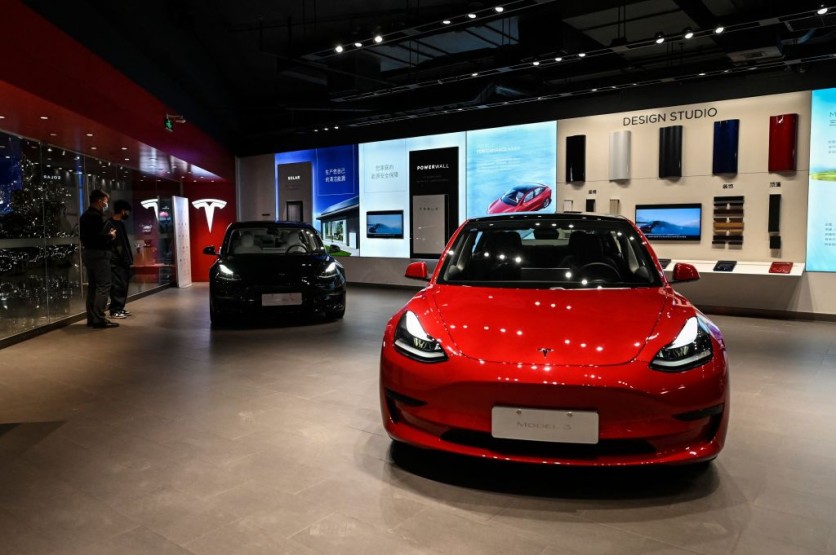Tesla has recently declared a sweeping recall of over 2 million vehicles across the United States. This recall is a proactive step taken by Tesla to address concerns related to the misuse of its Autopilot advanced driver-assistance system (via Reuters).
The National Highway Traffic Safety Administration (NHTSA) has investigated Tesla for over two years, scrutinizing whether Tesla vehicles ensure adequate driver attention while using the Autopilot system.
Acting NHTSA Administrator Ann Carlson emphasized the pivotal need for driver monitoring systems to account for human tendencies to over-rely on technology.
Carlson tells Reuters that it is "really important that driver monitoring systems take into account that humans over-trust technology."

Tesla to Implement Upgrades on Autopilot Software
Tesla acknowledged that the controls within the Autopilot's software system might not be comprehensive enough to prevent potential driver misuse.
As a response, the company has announced plans to deploy a crucial over-the-air software update. This update introduces additional controls and alerts on affected vehicles, reinforcing drivers' need to maintain continuous responsibility whenever Autosteer is engaged.
Autopilot comprises Autosteer and Traffic Aware Cruise Control, with Autosteer designed for use on limited-access freeways when not in use with a more advanced feature called Autosteer on City Streets.
The trigger for this recall traces back to an NHTSA probe initiated in August 2021 after a series of incidents where Tesla vehicles using Autopilot collided with stationary emergency vehicles.
This investigation highlighted concerns about the inherent design of Tesla's Autopilot system, which could lead to insufficient driver engagement and usage controls, consequently facilitating system misuse.
Recall Details
The recall covers multiple Tesla models produced between specific dates, including Model S, X, 3, and Y vehicles. As part of this recall, Tesla aims to roll out the software update to approximately 2.03 million vehicles.
AP News notes that critics have long advocated for stricter regulation of driver monitoring systems, proposing incorporating cameras to ensure continuous driver attention-a feature present in plans of other automakers with similar functionalities. The Tesla recall highlights broader concerns within the industry regarding the efficacy of such safety systems.
This recall announcement comes amid heightened scrutiny of Tesla's Autopilot functionality. The NHTSA has been monitoring several incidents involving Tesla vehicles on Autopilot, investigating crashes and fatalities suspected to be related to the system's misuse or inadequate driver engagement.
While Tesla stock experienced a marginal dip following the recall announcement, the company has not responded immediately to requests for comments from news agencies.
It is important to clarify that Tesla's Autopilot is not an autonomous driving system but a driver-assist feature. While it can control steering, acceleration, and braking within a lane, it necessitates driver readiness to intervene at all times.
Enhanced Autopilot can facilitate lane changes on highways but does not grant full autonomy to the vehicle.
Stay posted here at Tech Times.
Related Article : Tesla Brings Back Cybertruck' Resale Clause,' $50,000 Fine for Resellers in 1st Year of Owning the EV





